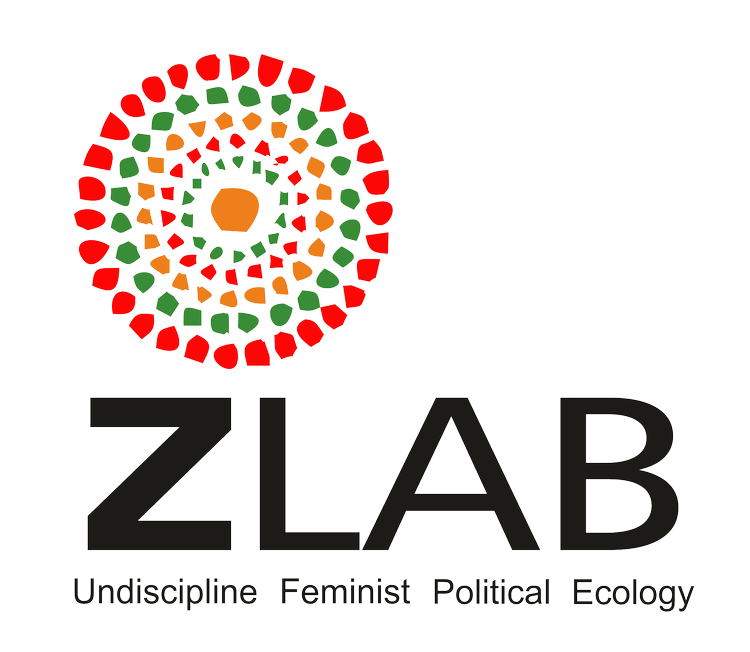Environmental Inquiry
This course introduces students to the range of research approaches and career opportunities for students in the the environmental humanities.
Environment and Culture
This course introduces you to the intersections between environment and culture from climate change to sustainability to food to waste. You design your own projects centered on a topic relevant to the course and build on knowledge about sustainable communities in the West Lafayette/Lafayette region. Check out the final report from Anth 327 Spring 2014.
EPICS Global Alternative Power Solutions
GAPS (Global Alternative Power Solutions) is a course offered through EPICS, a program at Purdue. Our mission is to provide alternative means of power to communities, businesses, or people. One project focuses on co-designing and supporting a media center with a Mebêngôkre-Kayapó community in Brazil.
History of Theory in Anthropology
This is an advanced level seminar that covers the history of anthropological thought up to the 1980s. Applying a critical lens to this intellectual genealogy, you engage with theories and consider questions about authority, representation. Check out the final projects from graduating seniors in 2014 where they addressed different "wicked problems” by clicking the button below and the Anth 507 podcast series.
Brazil: Ethnographic Field Methods
Ethnographic methods are at the core of most cultural anthropological commitments. This seminar course, often taught abroad offers students a critical introduction to ethnographic research, methods, and design through also partnering with communities. In Brazil, students work alongside local communities and Indigenous knowledge to explore global partnerships, film, and environmental justice. Locations: Belém, A’Ukre, and Pinkaiti, Brazil. Explore the program.
Anthropology of Water
This course explores the myriad ways in which water is part of the lives of millions of peoples in the world. Focusing on issues of access, use, and resource management, you examine the politics and rules surrounding water in freshwater and marine environments. In this course, you create digital ethnographies and document water practices worldwide. Stay tuned for more information about their results.
Political Ecology
Political ecology is a research framework that considers power when addressing diverse human, environmental, and more than human relations. In this course we explore the diverse ways of doing political ecology by drawing upon the fields of anthropology, political science, geography, and history as well as interdisciplinary environmental studies and sciences. We also critically examine the field through a historical exploration of its intellectual genealogy, an investigation of current research trends, and imagine possible futures.
Interdisciplinary Approaches to Environmental and Sustainability Studies
This course is the lynchpin of the undergraduate Certificate in Environmental and Sustainability Studies. It is designed from the ground up to be an interdisciplinary course, and to match the transdisciplinary spirit of the CESS program. CESS 326 explores three main fields of interdisciplinary approaches to analyzing and tackling environmental programs: 1) the humanities and social sciences, 2) engineering, and 3) environmental sciences. This team-taught course will present a series of case studies, core concepts, and problem questions that integrate the following three academic approaches in mind: 1) Human Dimensions and Environment/ Sustainability, 2) Engineering and Environment/ Sustainability, and 3) Environmental/ Sustainability Sciences.
Visual Anthropology
As new media and digital technologies are changing the landscape of how we engage, communicate and represent ourselves and each other, this course explores the visual as a site to examine everyday lives from an ethnographic perspective. This course will map the way in which anthropology, photography, film and museum work have long been intertwined. Approaching the visual as a data collection method and a site of analysis we will read ethnographies, make films, explore museums, and examine photographs as sites to understand the complex world in which we live.
UC School of Environment and Sustainability
Indigenous Peoples, Conservation,and Film
Work alongside Local communities and Indigenous knowledge holders in Brazil to explore global partnerships, film, and environmental justice.
Locations: Belém, A’Ukre, and Pinkaiti, Brazil.




